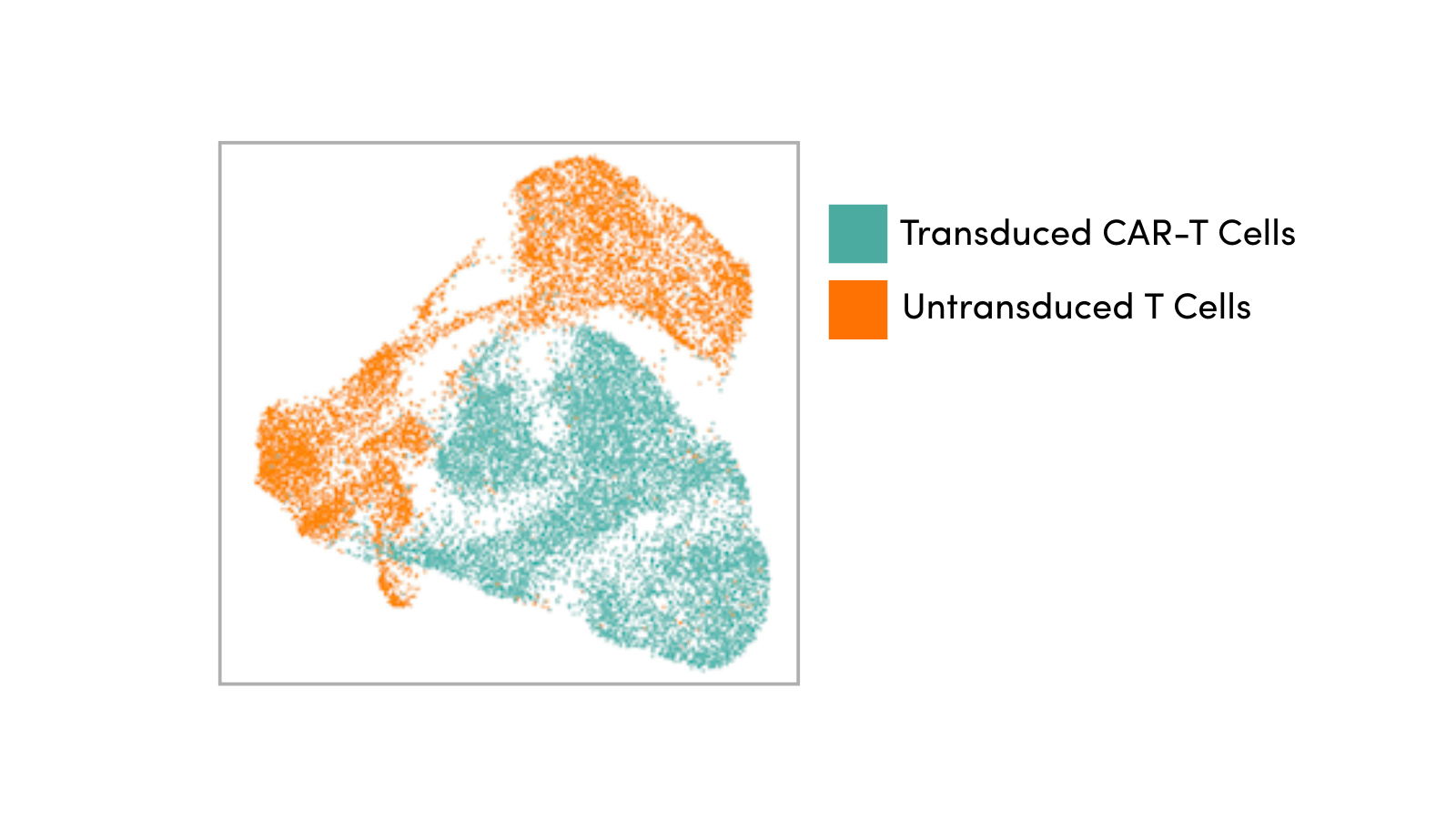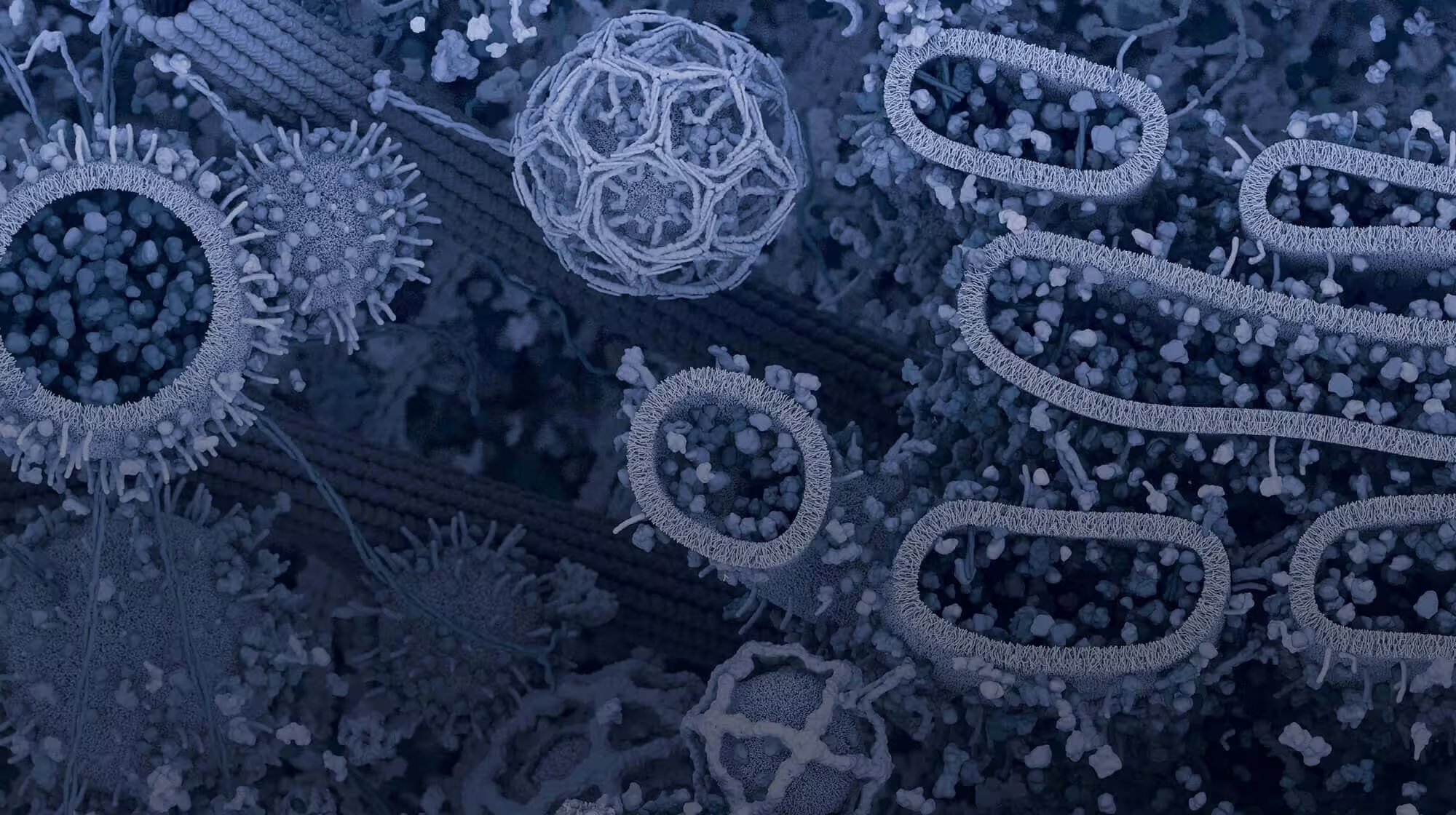Every summer, the scientific community waits with bated breath for CiteAb to reveal the 100 most-cited research antibodies of the past year—the ones researchers around the world have chosen to trust most often for their research projects destined for publication. By mining a database of nearly 8 million antibodies from more than 300 suppliers, with over 4 million verified product citations, CiteAb provides insight into overall market trends, as well as trends within specific research areas and applications.
At CST, we’re always excited to see CiteAb’s annual list released, and this year was no different. For as long as CiteAb has been publishing the top 100 most-cited antibodies list, we’ve been pleased to lead the pack. For 7 years running, CST products have made up over 30% of the list—more than any other vendor.
We took a deep dive into CiteAb’s most recent data, and here’s what we found.
CST Products Represent Over 30% of the Top-Cited Antibodies (Again)
Ever since CiteAb first noted the prominence of CST's products on the 2016 list of 100 top-cited antibodies, we’ve been proud to remain the vendor with the most products on the list year after year. In CiteAb's most recent analysis, we’ve maintained this position, securing 36 of the top 100 most-cited antibodies of 2022. This figure is double that of the second most-cited antibody vendor, and an increase of one over our performance on the 2021 list.
Overall, six of the top 10 and eight of the top 12 most-cited antibodies are CST products, as well as over half of the top 25, and 23 of the top 50.

Additionally, for the fourth year running, CST antibodies again hold all three top spots:
- Primary Antibody: The number three spot goes to Phospho-Akt (Ser473) (D9E) XP® Rabbit mAb #4060, which has been one of the top three most-cited antibodies on CiteAb's list since 2017.
- Secondary Antibody: After breaking into the top ten in 2018, Anti-mouse IgG, HRP-linked Antibody #7076 continues its climb up the list to secure the second spot.
- Secondary Antibody: For the seventh year running, Anti-rabbit IgG, HRP-linked Antibody #7074 maintains its position as the number one most-cited antibody.

We're not only incredibly proud of this achievement, we're also humbled to be trusted by so many researchers. We've made it our mission to produce the highest-quality, most stringently validated antibody products available, and we see CiteAb's annual top 100 list as a testament to our success. Across disciplines, disease states, and application areas, scientists continually turn to our antibodies when they need reagents they can trust.
Primary Antibodies Set CST Apart
A deeper dive into the CiteAb data further validates our commitment to producing antibodies relevant to emerging research areas and novel targets.
Of the 36 CST antibodies in the top 100, just nine of these are support products like secondary antibodies, loading controls, or anti-tag antibodies. The remaining 27 are primary antibodies that span diverse research areas. This is nearly four times as many non-support products as the second most-cited vendor.

“The fact that the majority of our top-cited products are primary antibodies demonstrates our commitment to enabling scientific discoveries beyond commoditized support reagents,” says Samuel Jensen, PhD, Associate Director of BioPharma Strategy at CST. “Because we are a scientist-founded, scientist-led company, we truly understand what our customers need to advance their research.”
Stringent Validation Yields Results You Can Trust
Our predominant ranking on the CiteAb list year after year is largely attributable to our stringent validation principles and practices, which are different than those of many other vendors. We discovered early on that an antibody's performance in one application does not guarantee its performance in another. Therefore, all of our antibodies are validated by application, which is essential for developing trustworthy reagents.
“For antibody validation, context matters. That's why all CST antibodies are validated for the applications in which they will be used,” explains Katie Crosby, Sr Director of Antibody Applications & Validation at CST. “For example, demonstrating an antibody's specificity in WB using knockout doesn’t predict how it will perform in IHC or IF. When we approve an antibody for use in an application, it means it has passed our stringent validation testing for use in that specific assay with the relevant protocols.”

As a company of scientists, we treat antibody validation like a research project. When planning how an antibody will be tested, we adhere to the Hallmarks of Antibody Validation™ methods, six complementary strategies that are leveraged to determine the functionality, specificity, and sensitivity of an antibody in any given assay. This involves carefully tailoring the validation strategies applied to each product based on factors including the biological role of the target, the application and protocol being used, and the availability of appropriate testing models. We use the Hallmarks of Antibody Validation as a toolbox to select the most effective and relevant experimental approaches to determine antibody specificity and performance in each application. This approach ensures that our antibodies are specific and deliver reproducible results.
Additionally, all of our antibodies are covered by the CST Product Performance Guarantee to ensure their optimal performance in validated applications. Scientists who choose CST antibodies trust that they will perform as expected in their intended assays, the first time and every time.
Future Perspectives
In CiteAb’s blog on the data, it’s noted that while the 2022 data show a similar spread across suppliers to the previous year, fluctuations in the number of products per supplier demonstrate that the antibodies researchers are citing in their papers are far from static. CiteAb also comments that products to watch include our Phospho-p44/42 MAPK (Erk1/2) (Thr202/Tyr204) (D13.14.4E) XP® Rabbit mAb #4370, which has entered the top 10 for the first time, as well as our Phospho-Histone H2A.X (Ser139) (20E3) Rabbit mAb #9718 and Phospho-SAPK/JNK (Thr183/Tyr185) (81E11) Rabbit mAb #4668, both of which are new to the top 100.
These observations indicate that we must stay closely attuned to researchers’ changing requirements if we are to continue leading the way in developing best-in-class products. Fortunately, this is something we excel at. Consider our roots in cellular signaling, for example. CST was founded in 1999 when Michael J. Comb, our CEO and co-founder, identified a critical need for highly validated antibodies to study cellular signaling events. Fast forward to today, and we have become the leading antibody vendor in this area, with many of our top-cited primaries on CiteAb’s list being signaling antibodies.
More recently, after identifying ways that CST products could help immunology researchers accelerate their paths to discovery, we have been pleased to see three antibodies from our immunology list make it onto the list:
- Phospho-NF-κB p65 (Ser536) (93H1) Rabbit mAb #3033
- Phospho-Stat3 (Tyr705) (D3A7) XP® Rabbit mAb #9145
- NF-κB p65 (D14E12) XP® Rabbit mAb #8242
As we continue on our mission to advance science, our intention is to build on our success and claim an even larger share on the next CiteAn top 100 list. Critically, this will involve investing further time and resources into growing our primary antibody portfolio.
23-bch-7205
*CiteAb: "What were the top 100 research antibodies of 2022?" July, 2023. Excludes common loading controls. (The 2023 list is expected to be published in August 2024.)








